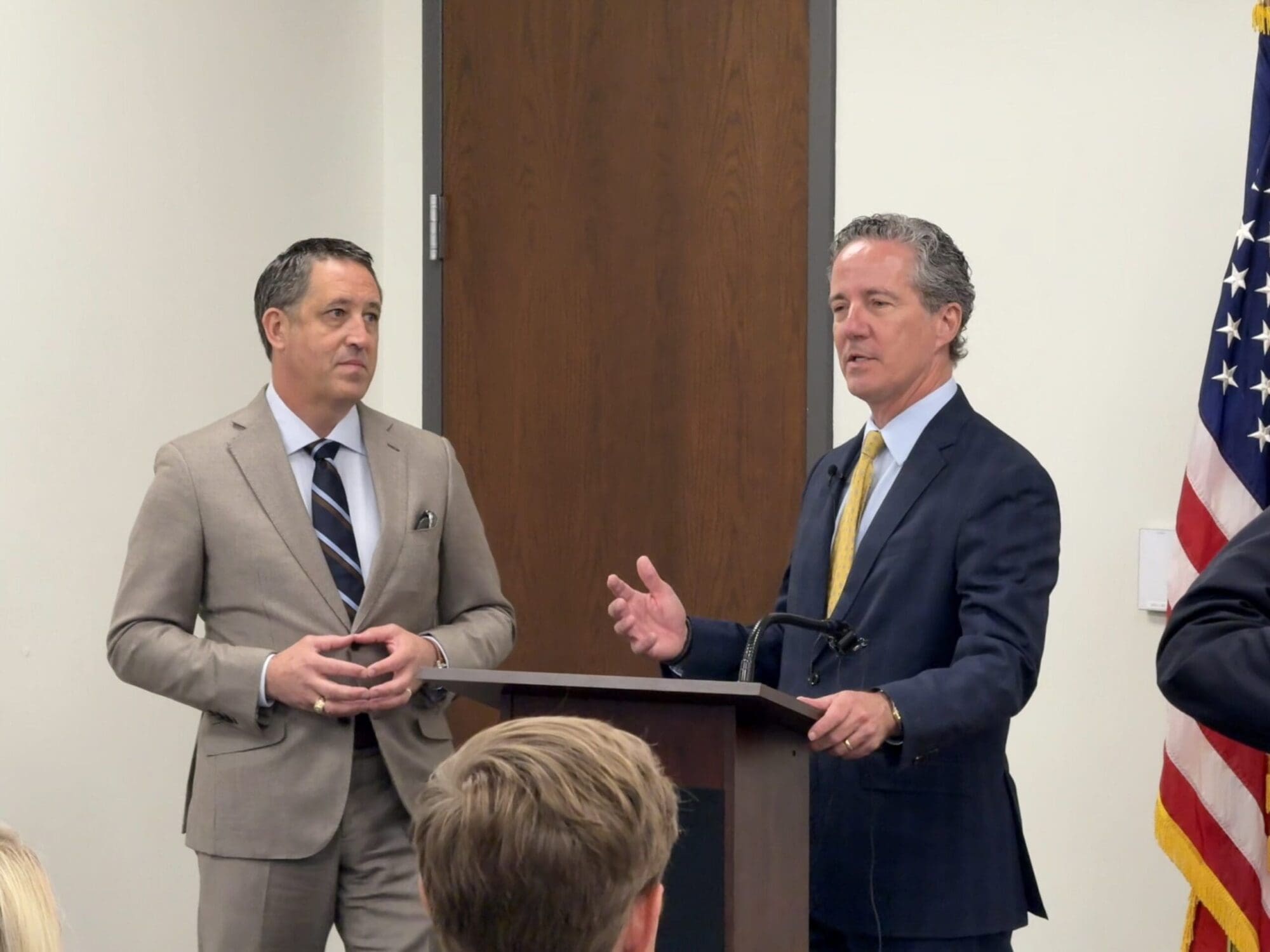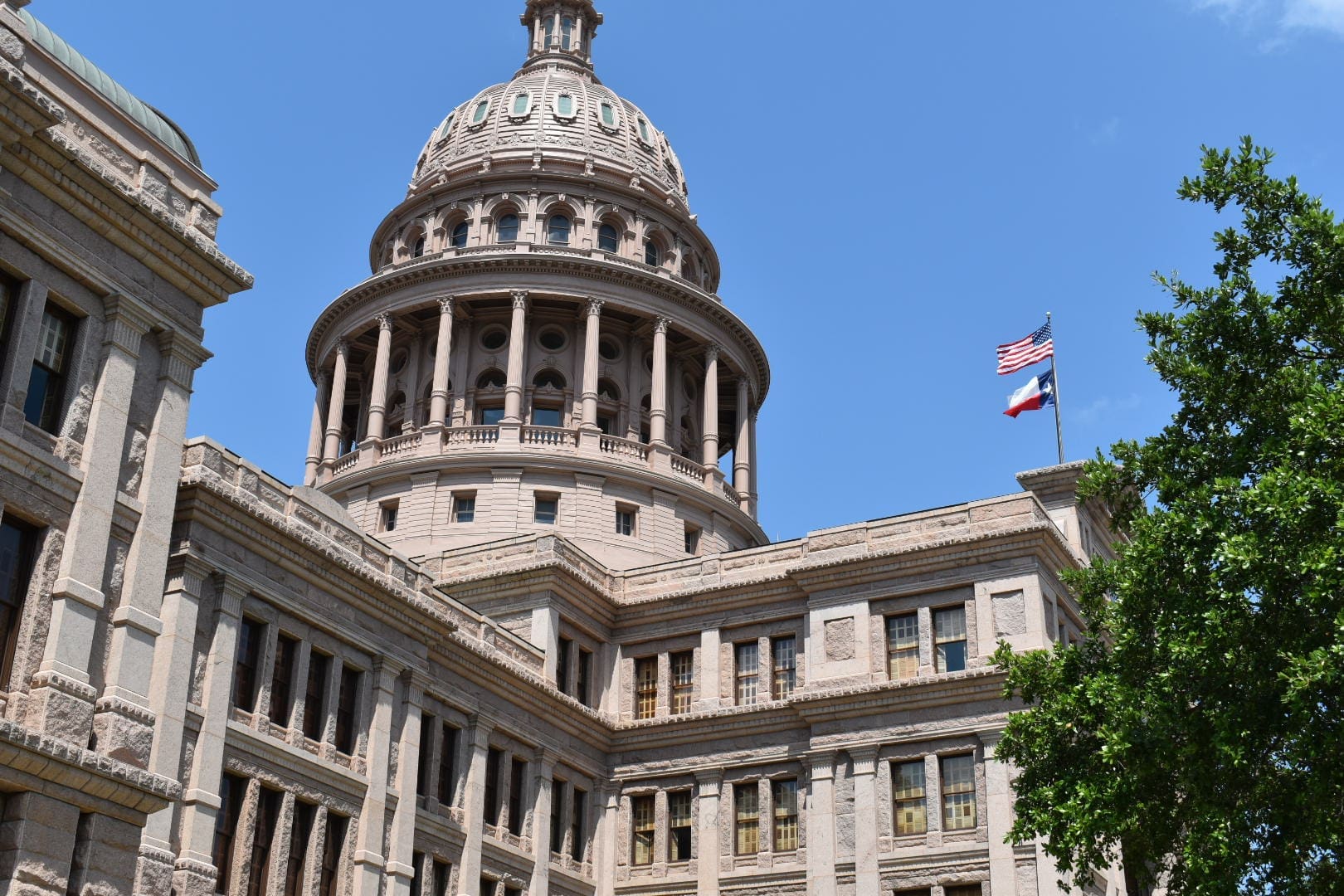Legislation purported to curb taxpayer-funded lobbying is now moving in the Texas House, but with what some are calling a “massive loophole.”
Friday, the House State Affairs Committee voted out Senate Bill 10 by State Sen. Paul Bettencourt (R–Houston) by a vote of 8-3. When the bill passed the Senate on April 15, it was focused on city and county governments only. The newest revision that just passed out of committee has an expanded purview of all local jurisdictions, including universities and special purposes districts.
Notably, the committee substitute is sponsored by State Rep. Chris Paddie (R–Marshall), who is not only the chairman of the House State Affairs Committee but was also an opponent of the statewide ban on taxpayer-funded lobbying when it was voted on in the House floor in 2019, where it ultimately failed.
The bill passed the Senate on April 15 by a vote of 17-13, with State Sen. Kel Seliger (Amarillo) as the only Republican voting against it. The bill had been sitting in the House State Affairs Committee since April 20.
Next, the bill will go to the House Calendars Committee before being set on a calendar for the overall House to consider. This will have to be done before May 26, as that is the deadline that precludes the House from considering any additional Senate bills or Senate joint resolutions on second reading.
What Does the Revised Bill Do?
The committee substitute that passed the House State Affairs Committee is curiously different from the version that passed the overall Senate.
It expands the prohibition to that of all local subdivisions, including universities, community college districts, and special purpose districts such as municipal utility districts and municipal management districts.
It also creates a loophole by which lawyers who are contracted by local governments effectively do not have to register as lobbyists. James Quintero, policy director for the Texas Public Policy Foundation’s Government for the People Campaign, said the version passed out of the House Committee “creates a massive loophole that makes many of its good government measures irrelevant. As drafted, it allows lawyers working with local governments to avoid registering as a lobbyist, which will allow lobbyists to continue to receive taxpayer dollars, but under the cover of darkness.”
He goes on to say, “It is disappointing that lawmakers did not advance a bill reflective of Texans’ overwhelming opposition to funding lobbyists with tax dollars. It is even more unfortunate that the bill put forward strengthens some lobbyists’ access to public money and influence.”
Because of the bill’s provisions, the governing body of these political subdivisions could allow for taxpayer-funded lobbying if they authorize the practice by a majority vote in an open meeting and allow for the public posting of the contract the entity has with the lobbyist, the amount of money the lobbyist will get paid, and what specific legislative agenda the lobbyist will be promoting.
Statewide Bans
Notably, proposed outright bans on the practice did not get very far in the legislative process.
The House version, authored by State Rep. Mayes Middleton (R–Galveston), was heard in the House State Affairs Committee on March 26 but was left pending and ultimately met its fate as the clock struck midnight on Thursday, the deadline precluding the House from considering any additional House Bills for the duration of the legislative session.
The Senate version, authored by State Sen. Bob Hall (R–Edgewood), never got a hearing in the Senate State Affairs Committee, even though it was referred there on March 3.
Legislative Priorities
Lt. Gov. Dan Patrick announced his legislative priorities back in February. When he mentioned SB 10, he gave no indication it would be focused solely on local jurisdictions.
A ban on taxpayer-funded lobbying is a legislative priority of the Republican Party of Texas.





